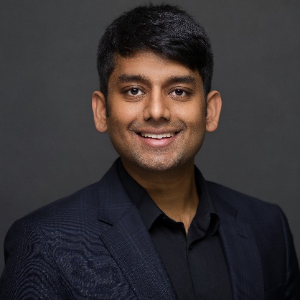Abstract:
Obesity remains a massive public health concern in the US, with increasing demand for non-surgical specialty care. Access to obesity specialists is crucial for effective intervention, yet disparities in wait times may exist across regions and hospitals. This study aimed to investigate the average wait time to see an obesity specialist across the top 100 hospitals in the US, and to identify potential regional disparities. Data were collected through a survey of the top 100 US hospitals as defined by Statista, querying the average time to see a specialist. Hospitals were categorized by state and region. Descriptive statistics, including mean, median, and standard deviation, were computed for each hospital, state, and region. The average wait time to see an obesity specialist was approximately 5.08 months, with a standard deviation of 2.40 months. The shortest average wait time observed was 1 month, while the longest was 11 months, with a median of 5 months. Regional analyses demonstrated disparities, with regions such as the Northeast and Mid-Atlantic showing prolonged wait times compared to others. The average wait time is also likely higher as many hospitals who replied to appointments would be available “in the new year” were denoted as having a 5 month wait time at the time of study. The disparities in wait times to see an obesity specialist highlight a potential inequity in access to specialized obesity care and provide a background for the utilization of telehealth services to help increase access to medical services.
Audience take-away:
- Understand the current obstacles to seeking obesity treatment.
- Understand strategies that can be used to mitigate wait times so patients can receive appropriate care.
- Highlights the need for more people to become familiar with obesity medicine and for health systems to take appropriate action.




